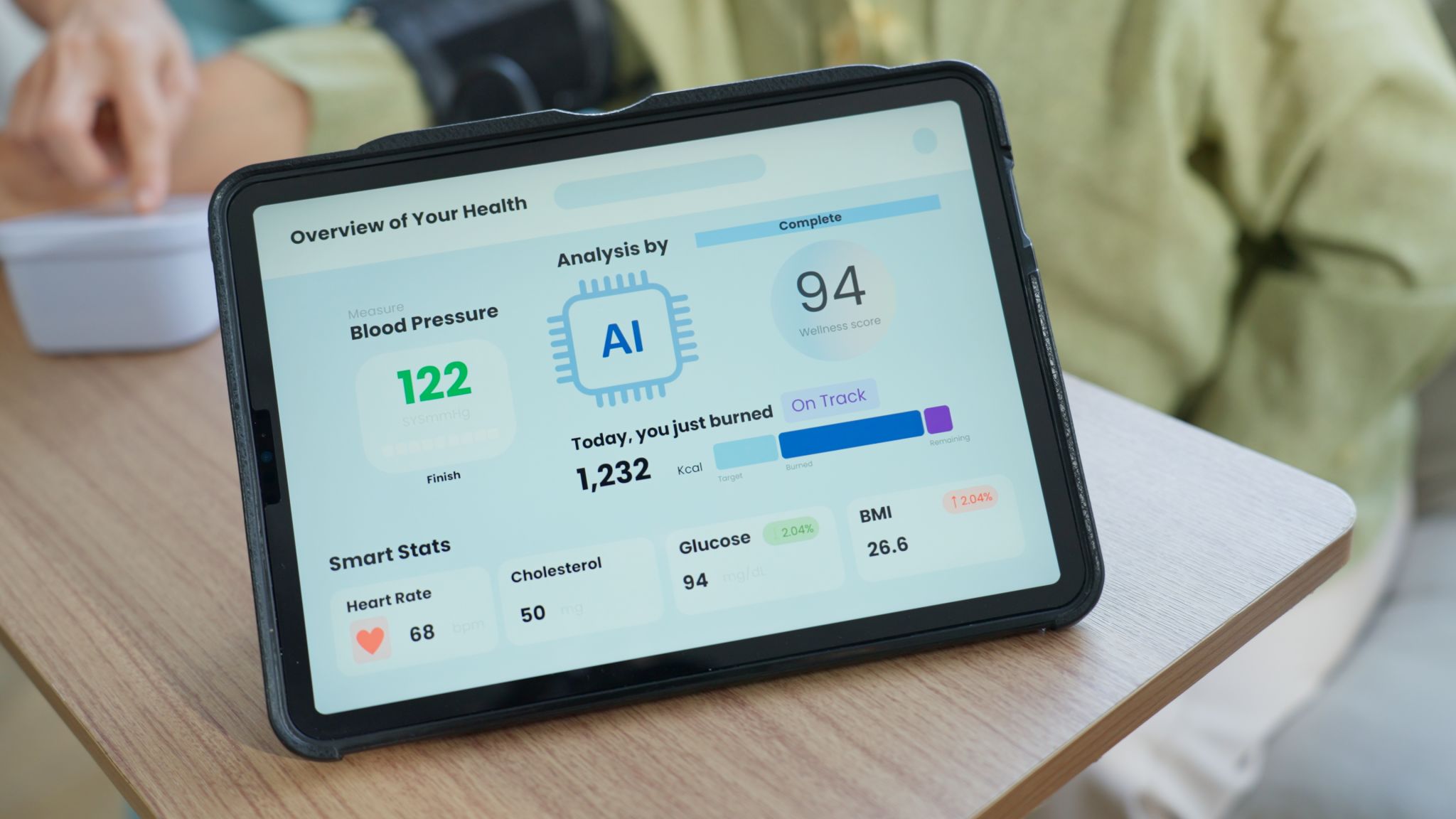AI Marketing for Healthcare: Transforming Patient Engagement
Revolutionizing Patient Engagement with AI Marketing
The healthcare industry is experiencing a significant transformation with the integration of Artificial Intelligence (AI) into marketing strategies. AI marketing facilitates personalized and efficient patient engagement, offering tailored experiences that enhance patient satisfaction and loyalty. As healthcare providers strive to connect more effectively with their patients, AI becomes an invaluable tool in bridging the gap between patient needs and healthcare services.

Personalized Patient Experiences
AI marketing enables healthcare providers to craft personalized experiences by analyzing vast amounts of patient data. By understanding patient behaviors, preferences, and needs, AI can tailor communication and recommendations, ensuring patients receive relevant information and services. This personalized approach not only improves patient engagement but also enhances the overall healthcare experience.
For instance, AI can analyze patient history and suggest preventive measures or routine check-ups tailored to individual health profiles. By delivering such targeted content, healthcare organizations can foster a proactive approach to health management, encouraging patients to make informed decisions about their care.

Enhanced Communication Channels
AI-powered chatbots and virtual assistants are revolutionizing communication in healthcare. These tools provide patients with 24/7 access to information, answering queries, scheduling appointments, and even offering emotional support. By automating repetitive tasks, healthcare professionals can focus on more complex patient interactions, improving both efficiency and quality of care.
Moreover, AI-driven communication tools can be integrated across multiple platforms, ensuring seamless interaction through websites, mobile apps, and social media. This omnichannel approach ensures patients receive consistent information and support, regardless of the medium they choose.

Predictive Analytics for Improved Outcomes
AI marketing leverages predictive analytics to anticipate patient needs and identify potential health risks. By analyzing patterns in patient data, AI can predict future health trends, enabling healthcare providers to implement proactive measures. This predictive capability not only enhances patient outcomes but also reduces costs associated with reactive treatments.
For example, AI can identify patients at risk of chronic diseases based on their lifestyle and genetic predispositions. Healthcare providers can then intervene early with lifestyle recommendations or preventive care plans, ultimately improving long-term health outcomes for patients.

Data Security and Privacy Considerations
While AI marketing offers numerous benefits, it is crucial to address data security and privacy concerns. Healthcare organizations must ensure that patient data is protected and used ethically. Implementing robust security measures and transparent data policies is essential to maintaining patient trust and compliance with regulations such as HIPAA.
By prioritizing data security and privacy, healthcare providers can harness the power of AI marketing without compromising patient confidentiality. This balance is key to building lasting relationships based on trust and transparency.
The Future of AI in Healthcare Marketing
The potential applications of AI in healthcare marketing are vast, with ongoing advancements promising even greater innovations. As technology evolves, AI will continue to refine patient engagement strategies, making healthcare more accessible, efficient, and personalized.
Embracing AI marketing in healthcare not only transforms patient engagement but also paves the way for a future where technology and human expertise work hand-in-hand to deliver superior care. By staying at the forefront of these developments, healthcare providers can ensure they meet the ever-changing needs of their patients.
